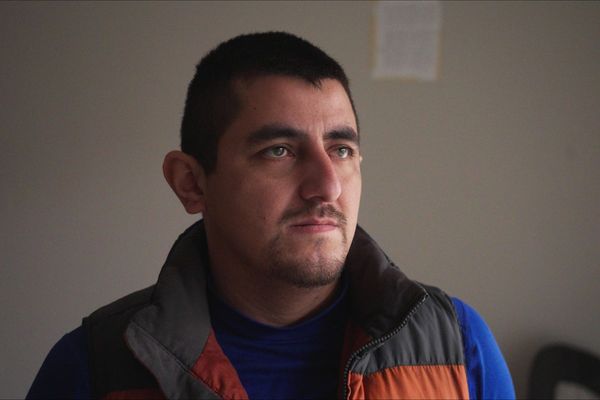WASHINGTON _ The White House on Monday announced it would block the Venezuelan government from selling off the nation's assets in exchange for cash in response to what it called an illegitimate and "sham" election Sunday that gave leader Nicolas Maduro another term.
Senior administration officials said the goal of the executive order was to prevent corrupt Venezuelan officials from being able to siphon out money by selling debt that the nation's people would be saddled with in the future.
"The region has never seen as kleptocracy like this," a senior administration official told reporters on a conference call given on the condition of anonymity for the speakers. "We've never seen a country as wealthy in terms of natural resources and in human capital as Venezuela is, driven into such an economic death spiral so quickly by such a small group of individuals determined to enrich themselves at the expense of millions of people. "
The official added that the fleeing of hundreds of thousands of migrants in Venezuela is parallel to Syria, the site of a long civil war, and is threatening to drag its neighbor Colombia "into the abyss from an economic standpoint as well."
Vice President Mike Pence said Maduro was bringing further misery to his people and refusing international humanitarian aid.
"Venezuela's election was a sham _ neither free nor fair. The illegitimate result of this fake process is a further blow to the proud democratic tradition of Venezuela," Pence said in a statement. "Every day, thousands of Venezuelans flee brutal oppression and grinding poverty _ literally voting with their feet. The United States will not sit idly."
Maduro won a new six-year term Sunday.
Secretary of State Mike Pompeo issued a statement calling the election an "attack on constitutional order" and said the United States would bring "swift economic and diplomatic actions" to support democracy in Venezuela. He slammed the Maduro government of stacking the courts with biased judges, banning opposition candidates and offering food to starving Venezuelans in exchange for political support.
Maduro has overseen the Venezuelan government as the once-mighty nation with the world's largest oil reserves has plummeted into a deepening economic crisis amid rising inflation. Hundreds of thousands of Venezuelans have fled the nation and starvation is rampant.
Sen. Bob Menendez, D-N.J., called the election a "shameful mockery of democracy."
The senior administration officials said that the U.S. is not blocking the sale of U.S. oil products to Venezuela for the time being, nor the importation of Venezuelan oil to the United States.
The U.S. response follows the reaction of more than 14 nations in the Western Hemisphere that won't recognize the Venezuela election.
The Lima group of Latin America, which includes Colombia, Peru, Argentina and Brazil, issued a statement Monday saying it did not recognize Venezuela's presidential election. The group said it is also considering blocking all future loans to the nation.
Finance ministers of the top 20 world economies will meet in Argentina this week as plans are made for the G-20 summit in Buenos Aires in November.
Sen. Marco Rubio, R-Fla., called on those leaders to collectively reject the Venezuela vote and praised the administration for imposing additional sanctions against the Maduro regime.
"Maduro's days in power are numbered," Rubio said in a statement. "Leaders of the governing party should remove him and the other criminals from power, and create a process for national reconciliation and restoration of the constitutional democratic order before time runs out on them as well."







